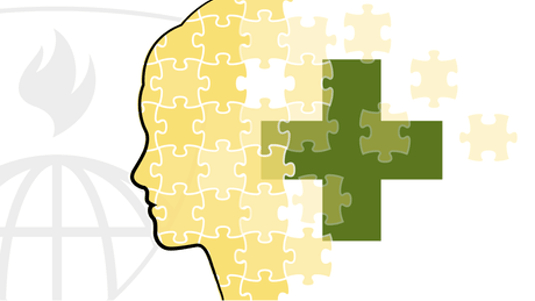Psychological First Aid free videos and free material uploaded by coursera instructor .
Introduction
In this first week, we have some materials to get you oriented, a pre-course survey, two lectures on history and terms and concepts and a simulated look at PFA in action.
Reflective Listening/Rapport
This week, we'll be looking more closely at the R component of our RAPID model.
Assessment and Prioritization
This week, we'll be looking more closely at the A and P components of our RAPID model. A stands for Assessment, and P stands for Prioritization.
Intervention and Disposition
This week, we'll be looking more closely at the I and D components of our RAPID model in Lectures 7 and 8, respectively. I stands for Intervention, and D stands for Disposition.
Self-Care and Wrap-Up
Now that we've gone through the entire RAPID model, we'll turn our intention to you, the provider.
Learn to provide psychological first aid to people in an emergency by employing the RAPID model: Reflective listening, Assessment of needs, Prioritization, Intervention, and Disposition.
Utilizing the RAPID model (Reflective listening, Assessment of needs, Prioritization, Intervention, and Disposition), this specialized course provides perspectives on injuries and trauma that are beyond those physical in nature. The RAPID model is readily applicable to public health settings, the workplace, the military, faith-based organizations, mass disaster venues, and even the demands of more commonplace critical events, e.g., dealing with the psychological aftermath of accidents, robberies, suicide, homicide, or community violence. In addition, the RAPID model has been found effective in promoting personal and community resilience.
Participants will increase their abilities to:
- Discuss key concepts related to PFA
- Listen reflectively
- Differentiate benign, non-incapacitating psychological/ behavioral crisis reactions from more severe, potentially incapacitating, crisis reactions
- Prioritize (triage) psychological/ behavioral crisis reactions
- Mitigate acute distress and dysfunction, as appropriate
- Recognize when to facilitate access to further mental health support
- Practice self-care

- 0 Reviews
- 4 Students
- 102 Courses

Write a public review